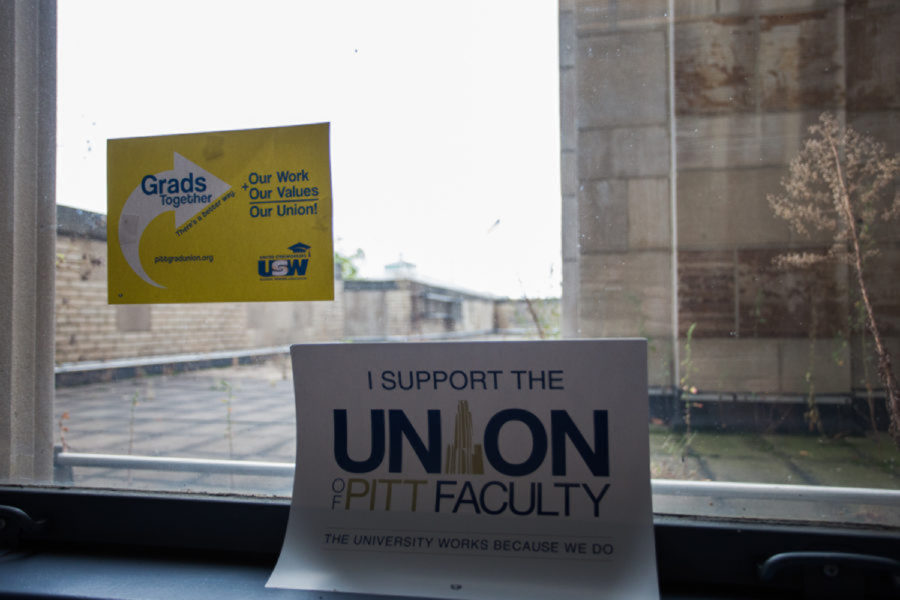Unionizing Faculty

As I can tell you personally, faculty having a union can make all the difference in the world. You should have one too, whether you are faculty or in some other job. And here’s the thing–even if you are in a right to work state where you are never going to get a contract, you should still form a union. Or quasi-union as the case may be. That’s the case in the South, where I played a small but important early role in forming what is today United Campus Workers at the University of Tennessee before I headed off to my PhD program. UCW has now spread to several campuses across the South. It still helps for others to have your back and for you to work together for a common goal, even if that’s outside the contract procedure.
In any case, faculty at the University of Pittsburgh have overwhelmingly voted in favor of unionization. That’s a great thing for them.
Faculty union organizers ran on a number of issues, ranging from health benefits to academic freedom. Some of the campaign’s highest priorities included improving pay, job security and transparency between the administration and faculty.
The COVID-19 pandemic brought greater attention to these and other issues. Some faculty have questioned Pitt’s commitment to shared governance and expressed concern for their safety with the return to in-person learning. Pitt also froze salaries in 2020 and included a 1.25% progressive pay raise in this year’s budget, a change that some faculty said was not enough.
Pitt did not immediately respond to a request for comment.
Union-eligible professors and researchers received election ballots and instructions starting on Aug. 27, and the state labor board accepted all ballots returned by mail before Oct. 12 at 5 p.m. Ballots were not counted if they arrived late. Vote counting started Tuesday at 10 a.m. and board officials completed counting that afternoon.
The campaign to unionize Pitt faculty formally launched in January 2016, though unofficial conversations between faculty union organizers and their colleagues started years earlier. Faculty officially filed for a union election with the PLRB in January 2019, after 30% of eligible faculty signed union cards.
Over the course of the union campaign, the University declined to take a formal stance on a desired outcome of the election. Pitt has paid over two million dollars to Philadelphia-based “union avoidance” law firm Ballard Spahr between 2016 and 2020, which union organizers had called “shameful.”
Now they have to get the contract, but this is a huge step.


